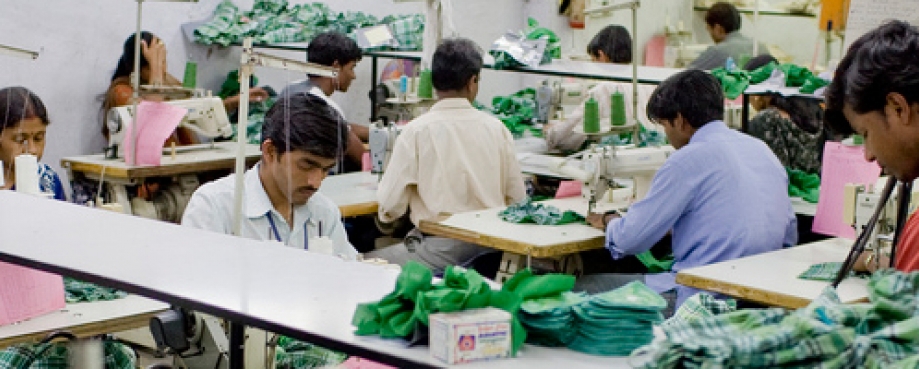
Once upon a time (22 May 2003 to be exact), an Indian clothing supplier stood up and told 250+ ethical trade great and good at an ETI conference that his company had been subjected to an ethical audit more than 30 times in a single year.
Not only that, although he often had to pay for the audits himself, he usually wasn't privy to the results. In many cases different customers would use the same auditor. How was this supposed to drive any change for workers, he asked?
A discussion ensued about how to resolve the problem that has become widely known as supplier ‘audit fatigue' - or as I heard one social auditor recently put it, 'audit terror'. This results from being subject to multiple social audits from multiple customers, each with slightly different codes, and varying guidelines for implementing those codes.
This disrupts work, confuses suppliers and helps perpetuate a ‘pass-fail' mentality on the part of both auditors and suppliers. It has also contributed to widespread audit fraud, whereby many suppliers have resorted to keeping several sets of books, each designed to satisfy different customers' ethical requirements.
The Supplier Ethical Data Exchange (Sedex) was officially launched in 2004. Very simply, it aims to help improve the effectiveness of buying companies' ethical trade strategies by offering a facility for supplier companies to share their audits with multiple customers.
Some 8 years on, Sedex's latest annual review reveals that over 23,000 member companies are now registered on the system. With every supplier site listed now visible to an average of 3 customers it is reported to be the largest ethical database in the world - no mean achievement.
But Sedex divides the ethical trading community.
Advocates say it's a major step forward in helping global companies with vast supply chains to increase efficiency in ethical trade auditing. Theoretically this means they should spend more of their resources on activities that actually help improve workers' lives.
Yet sceptics hold it partially responsible for perpetuating the top-down, ‘audit-heavy' approach to ethical trade which we all know fails to drive any change for workers, and which many of our more experienced members are seeking to move beyond.
Another criticism made is that the information provided in audits that go onto the site isn't always accurate. Some cite variable standards among auditors as being partly to blame for this, as well as the short timescales recommended in Sedex's own SMETA guidance for closing-off non-compliances, which creates an incentive for suppliers to deceive.
There is also apparently confusion in the marketplace about what Sedex actually is, with some suppliers apparently under the impression that they have joined some kind of consumer accreditation scheme. This again arguably perpetuates a ‘pass-fail' mentality.
The question over the accuracy of audits on the site is a moot point. All audit reports should be treated with a healthy dose of scepticism and there is no reason to think that those loaded onto the Sedex system will be any less accurate than others. In fact, it could be argued that someone carrying out audit that they know is destined for Sedex is going to assume that several others will review the report, so potentially inclining them to be more rigorous than they would be otherwise. Other audits are unlikely to receive such close scrutiny.
Sedex is also clear that verifying the accuracy of audits is not part of its remit - indeed any audit can be uploaded on to the site, ethical or otherwise, and whether or not it has been conducted using the SMETA guidance. It's up to members to decide how they use the system.
As for confusion about what Sedex is and is not, well surely the challenge is for all of us involved in ethical trade to do much better at educating buyers and suppliers alike that ethical trade is different to ‘compliance' issues like, for example, quality standards - in other words, it's about achieving continual improvement, not offering stamps of assurance.
Sedex represents a significant step forward in establishing greater consistency in approaches to ethical trade. It does no more and no less than what it claims to do, and, along with other initiatives aimed at harmonising ethical trade approaches, should be welcomed.
One thing I'd really like to find out though is whether our Indian colleague has seen any substantive change to his situation...
